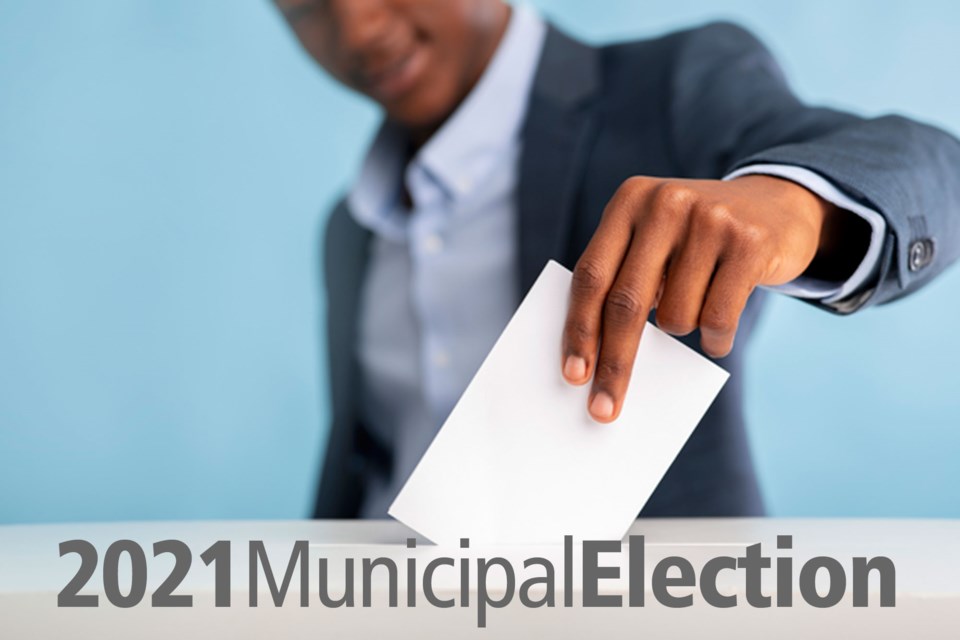The Gazette followed up with St. Albert incumbent council candidates on the answers they provided to two questionnaire topics: the city’s repair, maintenance, and replacement (RMR) funding shortfall, and taxation.
Natalie Joly argued alternative revenue must be a priority for the city to pursue to avoid tax increases.
The city’s large, non-traditional revenue projects, such as the solar farm — if approved — are not projected to bring in revenue until a few years down the line. Joly said council has already begun to address the shortfall in the interim.
“I think about our utility RMR plan, which is self-sustaining,” Joly said. “That’s what we’re aiming for with our capital RMR, and we know it’s possible because we’ve done it.”
She said it’s vital for the city to think long term.
“St. Albert’s going to exist in five, 10, 20, and 50 years," Joly said. "Part of the role of council is to make sure we have that long-term sustainability."
Wes Brodhead said the funding deficiency is “real and immediate,” but simply raising taxes is “never the answer." He said it will be important to review the RMR cost cycle for each civic asset for accuracy, something he described as a “huge, ongoing task.”
“Our infrastructure needs to be maintained,” Brodhead said. “If you don’t repair and maintain it, you end up replacing it a whole lot sooner, and at a much higher cost.”
When asked how he sees the recent Ernst & Young operational review shaping the next council's choices, Brodhead said each recommendation in the report must be considered.
“I don’t want to lose sight of the conclusion in that report: that the city has already done a really good job in terms of how it’s done business,” Brodhead said.
Ken MacKay said he believes it’s important to continue exploring ways of generating new sources of revenue, noting the next council will have to zero in on “fiscal discipline.”
“We've already started to look at how we’re going to address some of those shortfalls,” Mackay said, citing the operational review.
“The [Municipal Government Act] has allowed cities to pursue things such as corporations, but I need lots more information before I can go down that way,” MacKay said. “Same with the solar farm … I’m cautiously optimistic, but I’m waiting for the information.”
MacKay said, if re-elected, regional collaboration would be one way he would want to continue to seek efficiencies, noting his experience sitting on the Edmonton Metropolitan Regional Board, and the Alberta Capital Region Wastewater Commission.
“It’s about working smarter, and working together,” MacKay said.
Sheena Hughes said focusing on finding efficiencies and challenging the city’s current spending habits will need to be the focus over raising taxes. She said she would like to accomplish this through a comprehensive internal audit, noting this process would help flesh out details in combination with the “high level” organizational review.
“The only department we’ve had an internal audit in has been the procurement department,” Hughes said. “There’s a lot of opportunity here to go to everyone and ask, ‘How can we do things better?’”
Hughes noted the results of an internal audit are “not always happy news,” but emphasized the audit could usher in accountability and “force change.”
“That’s what we really need,” Hughes said. “If there’s something that needs to be done better, we should not be afraid to acknowledge it.”



